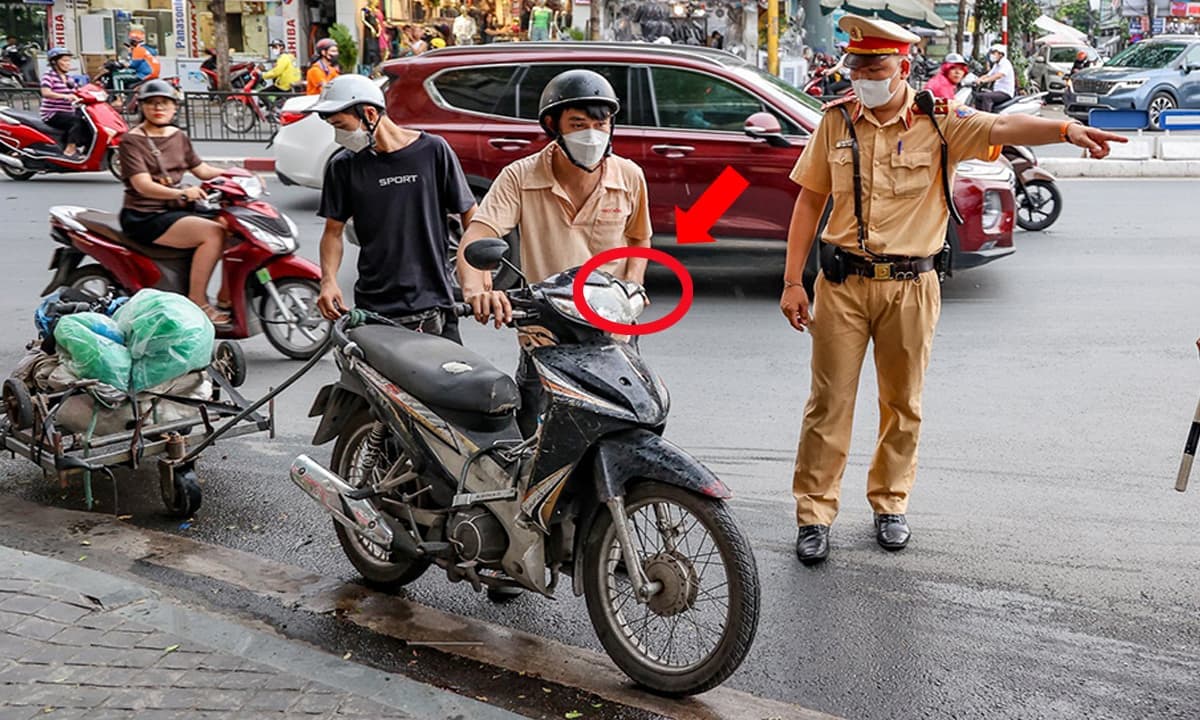Mexican Drug Cartel Hacker Employed Surveillance Technology to Identify and Execute FBI Informants

Sometimes the surveillance state gets turned against itself. That seems to be what resulted in the unfortunate demise of a number of FBI informants, who were tracked by a hacker working for the Sinaloa cartel in Mexico, according to a recent report published by the U.S. Justice Department.
According to the 47-page report issued by the Justice Department Inspector General, titled “Audit of the Federal Bureau of Investigation’s Efforts to Mitigate the Effects of Ubiquitous Technical Surveillance,” a hacker associated with Juaquin “El Chapo” Guzman’s crime ring used phone data and surveillance cameras located around Mexico City to identify people connected to the FBI. That information was ultimately used to intimidate and sometimes kill people who were believed to be sharing information or cooperating with law enforcement, according to the report.
The hacker, who was not named in the report, used several tactics to sniff out potential snitches. First, the hacker reportedly observed people as they entered and exited the United States Embassy in Mexico City. That surveillance helped to identify “people of interest,” and eventually helped him and the cartel identify an FBI assistant legal attaché. Without providing details as to how the hacker did it, the report indicates that he was able to obtain the attaché’s phone number and used that to access calls made and received from that number, as well as geolocation data associated with that phone.
In addition to snatching the data from the victim’s phone, the hacker also reportedly tapped into surveillance cameras around Mexico City to track the person as they moved through the city and identified people that they met with. Mexcio City has installed a robust network of security cameras in recent years. There were over 18,000 across the city in 2018, around the time that the report focuses on. Earlier this year, it was announced that an additional 40,000 will be installed in the coming years.
The Justice Department’s report was less about the specifics of the case in Mexico City and more about the general difficulty of protecting sources in the modern surveillance state. “Advances in data mining and analysis, facial recognition, and computer network exploitation have made it easier than ever for nation state adversaries, terrorist organizations and criminal networks to identify FBI personnel and operations,” the audit said. It concluded with a recommendation that FBI audit its operations to figure out where it is most vulnerable.
It’s at least a little ironic that the surveillance state that it helped create is now making life more difficult for the three-letter agencies.









